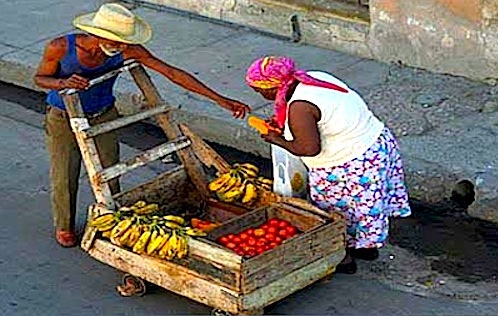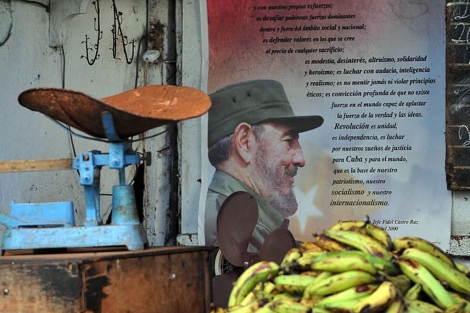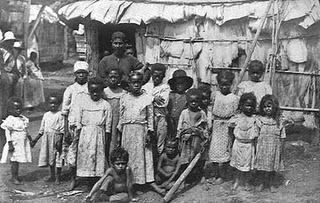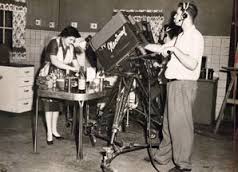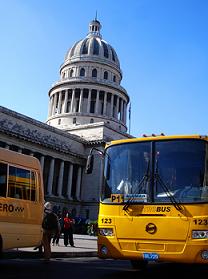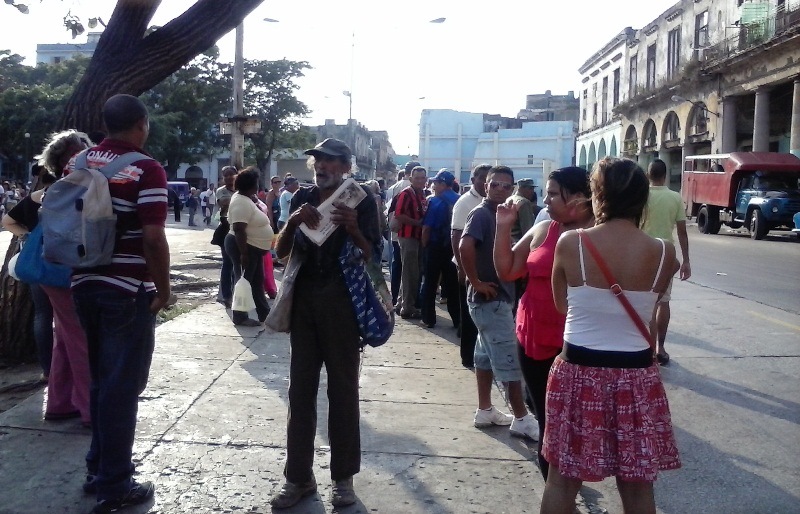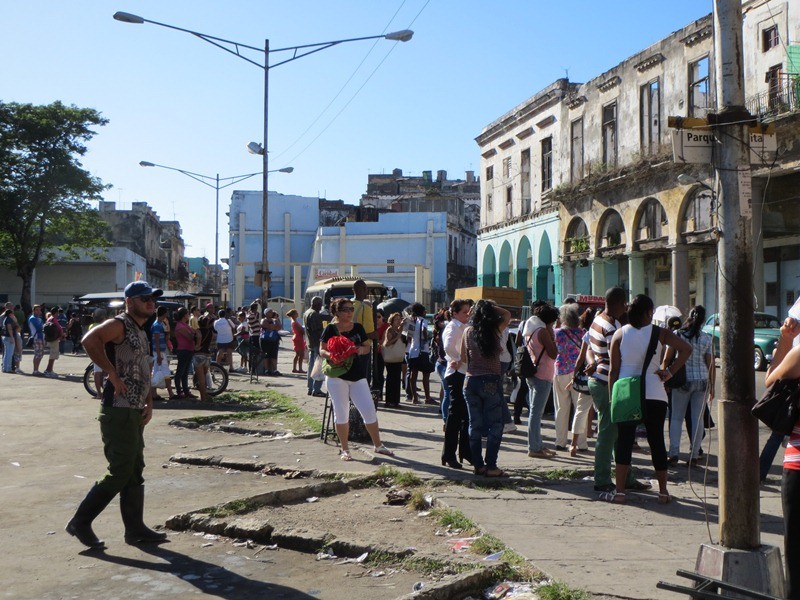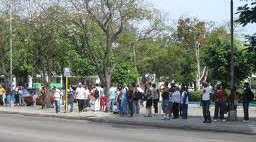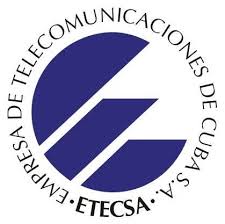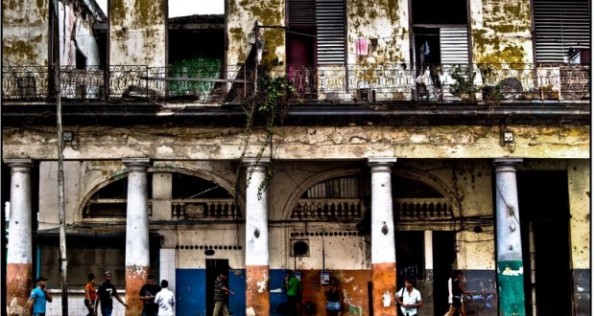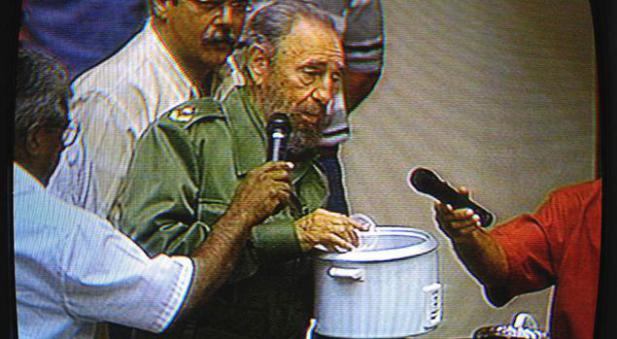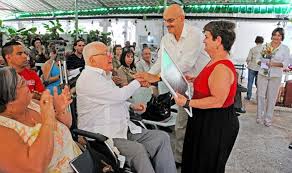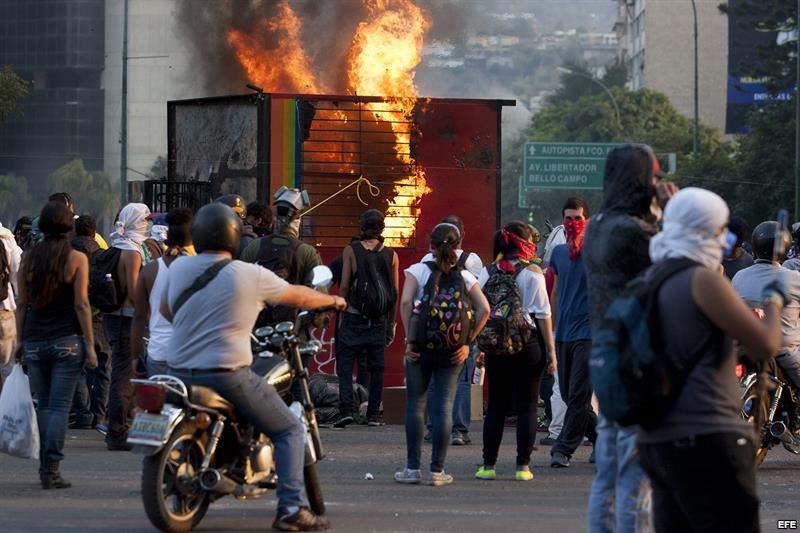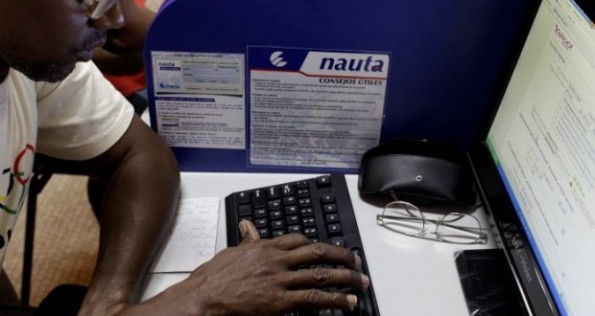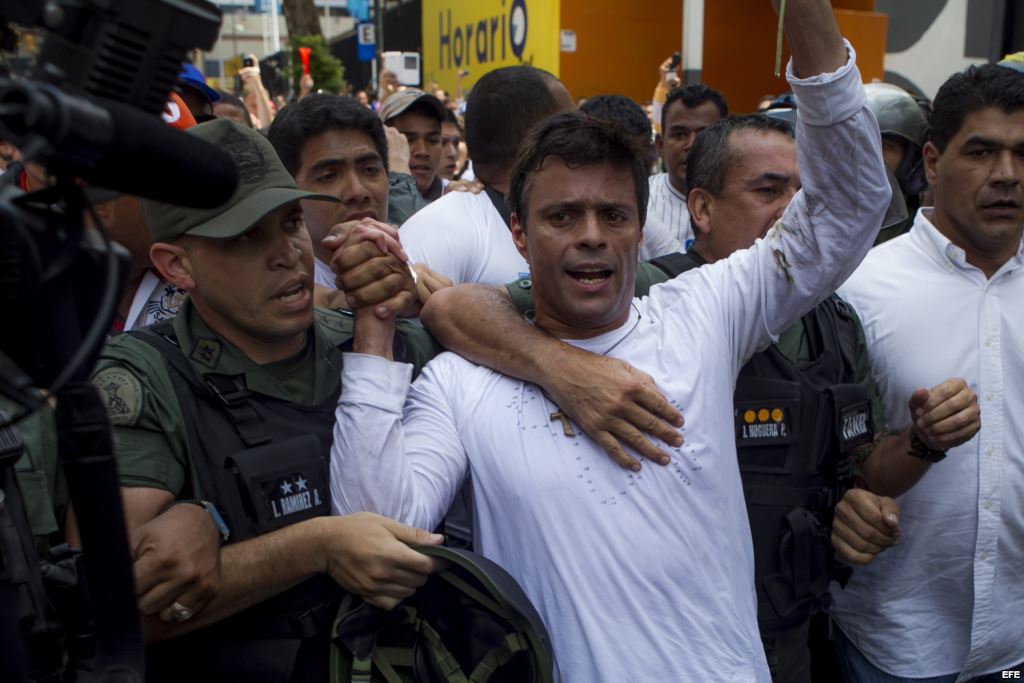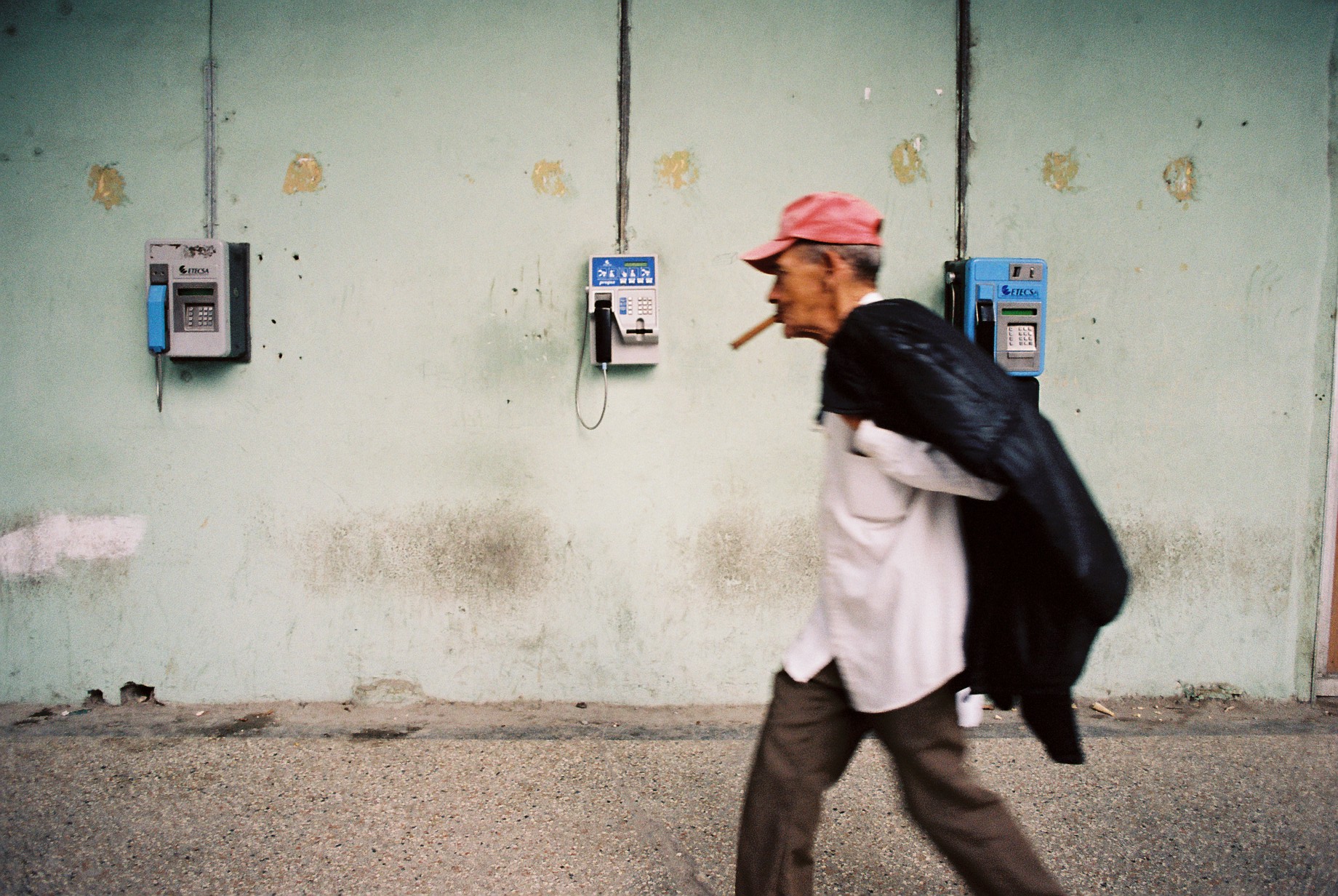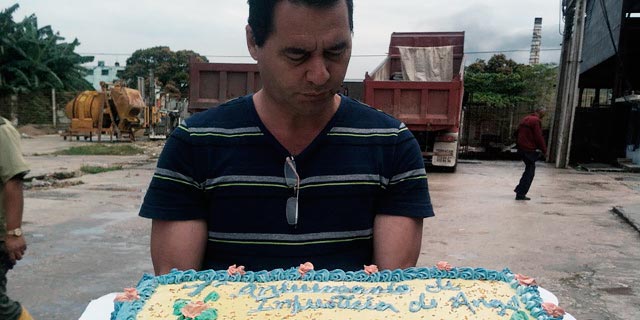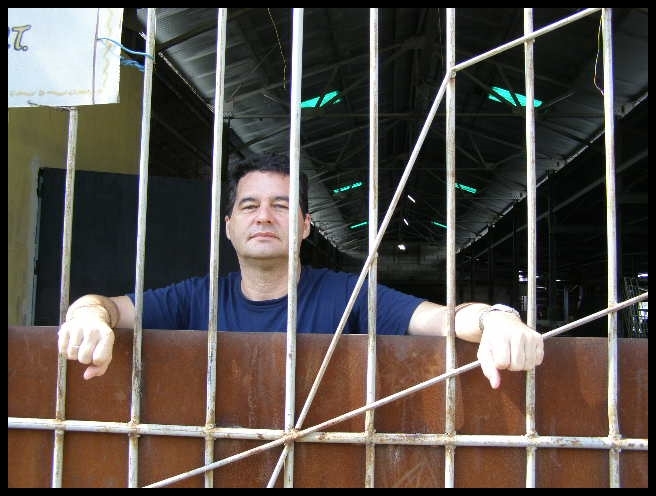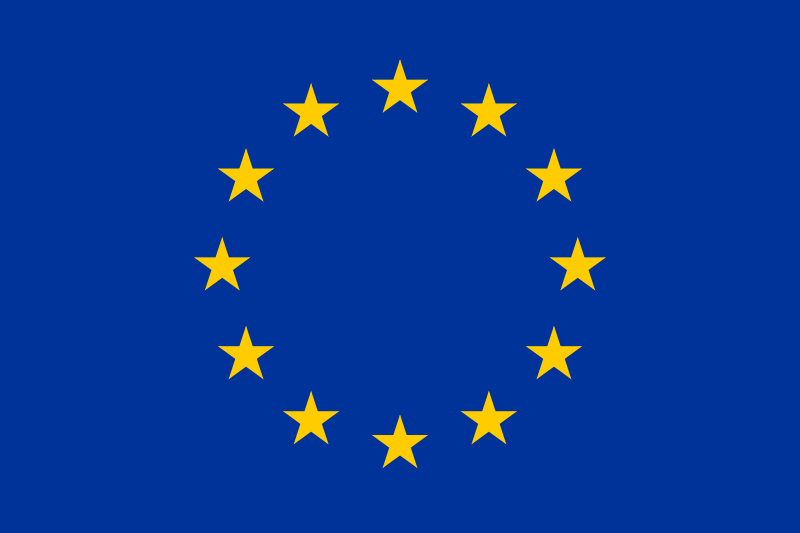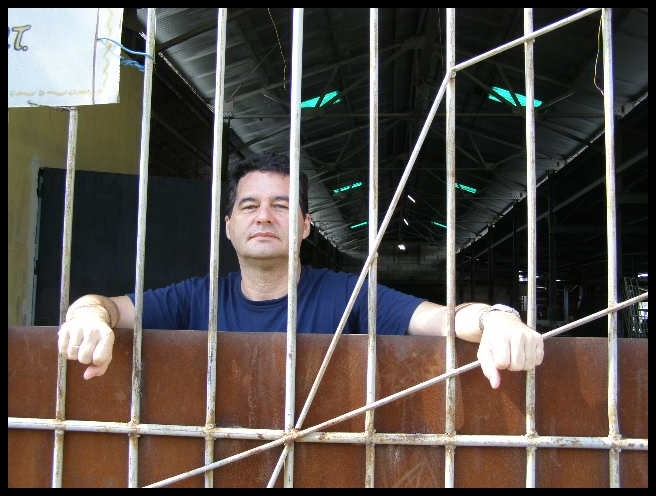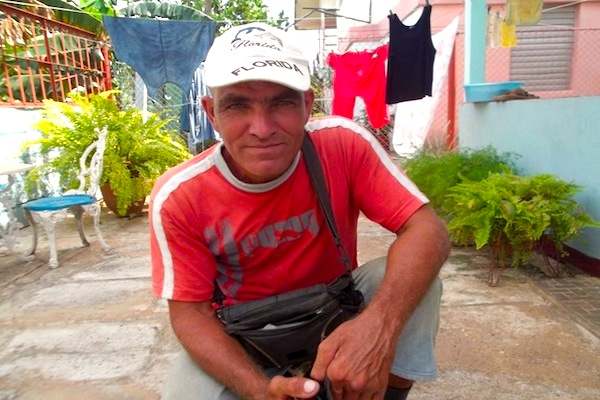
HAVANA, Cuba, April – Osvaldo Esteban Brito Amat is another of the many Cubans, mostly youngsters, who every day jump into the sea looking for a better future.
“And the sharks? Aren’t you afraid of them?” I asked him while he told me about what happened to him when he tried to get to the coast of the US for the second time.
“No way. If you don’t take any risks in life, you won’t achieve anything. The sharks here, on land, do you more harm. They go around dressed as policemen and they don’t let you live.”
Everyone calls him Valdy and he was born 41 years ago in Ben Tre, one of the various communities forming part of Bauta Council, in the province of Artemisa next to the city of Havana.
Because of his height, blue eyes and his build, Valdy could be taken for a North American in any place in the world, although the sun has darkened his skin and he speaks in a very Cuban manner.
He boasts of never having been a good example of a revolutionary, because from when he was a child he never felt anything in his heart when he was made to repeat every morning before starting his classes: “Pioneers of communism, we will be like Ché.” He says that nothing that you are forced to do can be sincere.
“I think that ever since I was born I have dreamed of living in the USA,” he tells me. “I didn’t try to go earlier because of my mother. I promised her not to do anything crazy like going in a very risky way. But my mother died a year ago. So now it won’t hurt her if the worst happens. And if I succeed in getting there I am sure she would be very happy.”
“In Ben Tre, that small village, where scarcely three hundred people lived, working on miserable little plots and in the poorest of living conditions, many people remember the former North American landowners there in the fifties of the last century, the good wages they paid to the workers, and how they lost their lands and they left the country when Fidel Castro disappropriated them without offering any compensation.
“It’s the second time I have jumped into the sea, hardly ten days ago, at El Salado beach, at Baracoa. I was a kilometer from the Florida coast. I could almost smell Miami. I felt so happy to be able to open my eyes and try to make out its lights from afar. But they caught us. There were several of us, all youngsters and we almost cried when we saw the US coastguards’ boats on top of us.
“They treated us well. With respect. Just as the Cuban authorities did. They only asked us why did we want to leave. I told them the truth: because I don’t like socialism. I am a bird with four wings who wants to fly to liberty. To earn money by working, not looking for handouts offered by the Cuban government.
“I work for myself. I sell meat and pigs’ trotters, sausages, and some fruit, from my horse and cart; what I get from the community in order to earn an honest living. But that’s a criime in Cuba. That’s why I am familiar with jail. I am very familiar with it without being a criminal.”
“Of course I will try again. As they say, third time lucky.”
He showed me the baseball hat with Florida on it which they gave him in the US boat. For him it’s a trophy for his heroic act of confronting the sharks in the middle of the night. I ask him if he doesn’t think that they deserve to be welcomed into that great country and he looks at me with his deep blue eyes, filled with tears.
Cubanet, 8 April 2014
Translated by GH

